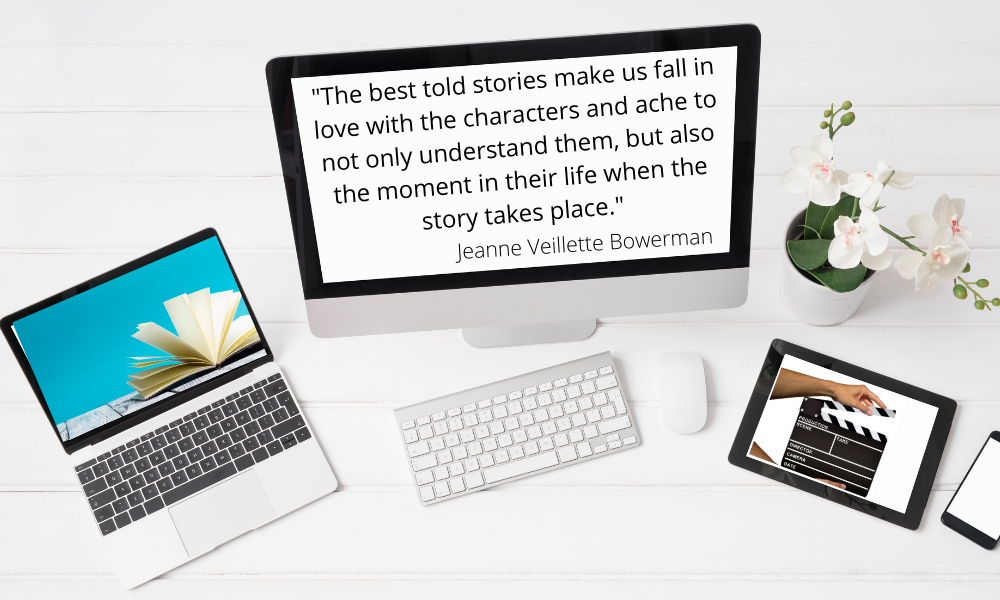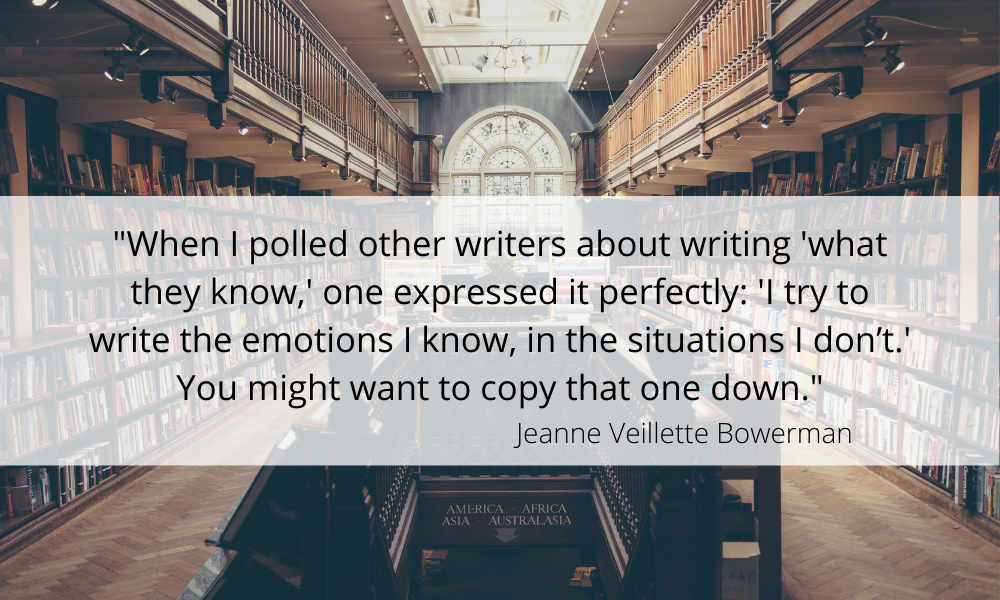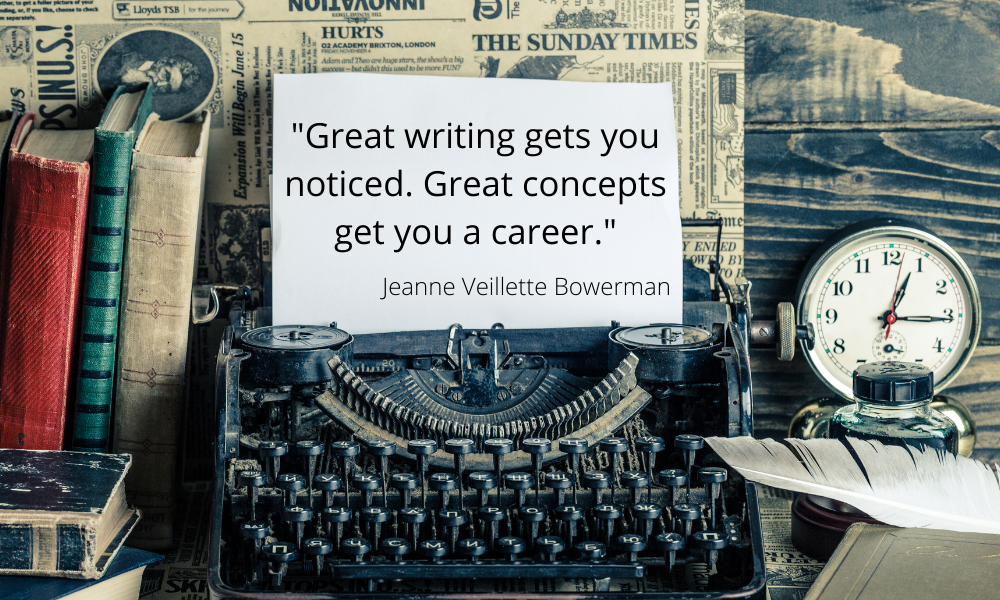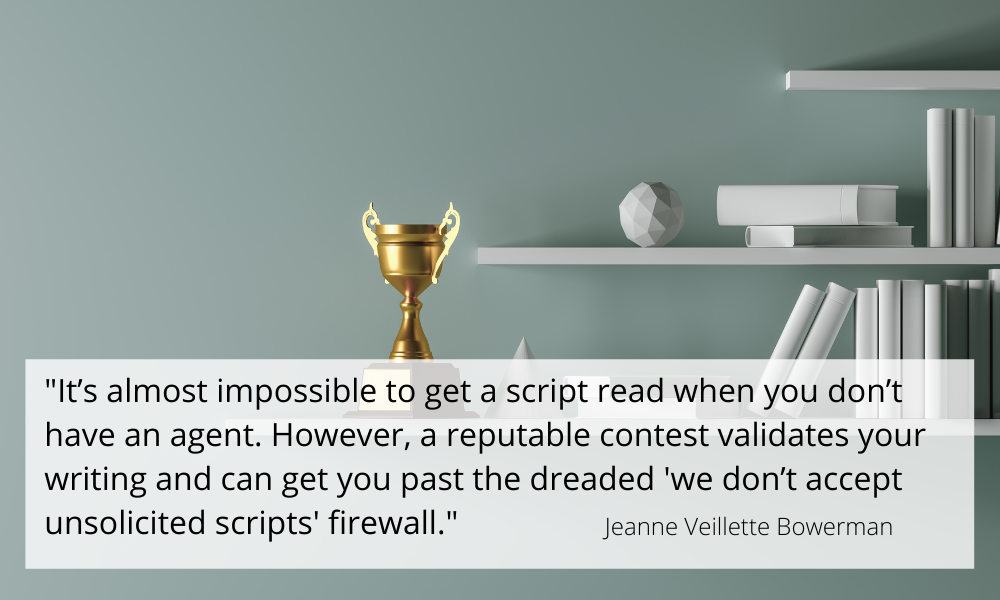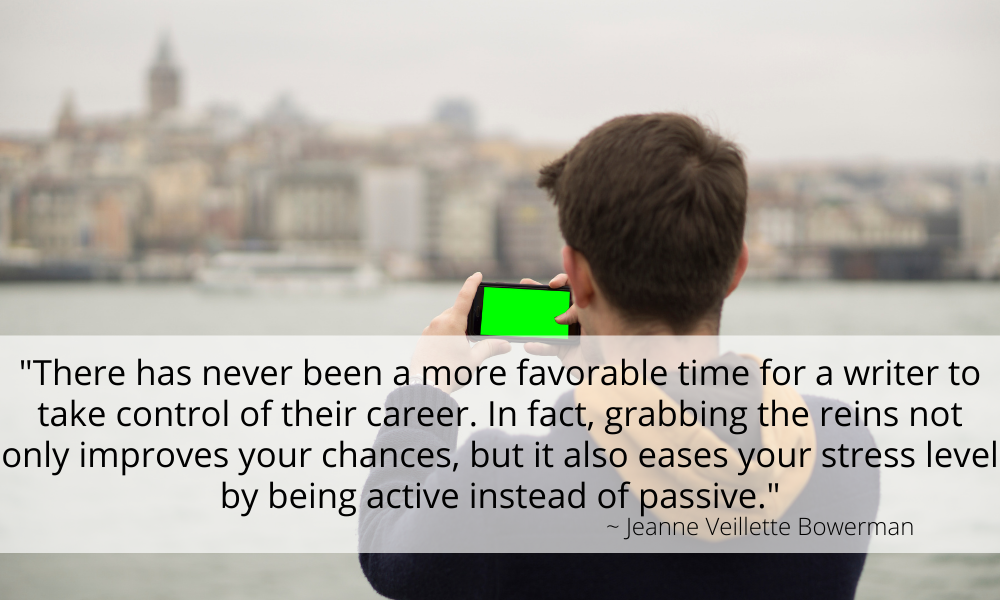Script Classics: Writer and Director Douglas McGrath on Adaptation of Dickens’ Nicholas Nickleby
Writer-director Douglas McGrath chats about “shrinking” Dickens’ classic, Nicholas Nickleby, into a Golden Globe nominee.
Writer-director Douglas McGrath chats about "shrinking" Dickens' classic, Nicholas Nickleby, into a Golden Globe nominee.
Before my interview with Douglas McGrath, who wrote and directed Nicholas Nickleby, I took a quick look at the press notes which are often as dry and useless as the cookie crumbs hiding beneath the cushions of your couch. To my surprise, the notes set a new standard for candor and humor as demonstrated by the first line; "Douglas McGrath began his career as a writer for Saturday Night Live in what was incontestably the worst year in the show's history." They go on to detail his work on Bullets Over Broadway, for which he and his screenwriting partner, Woody Allen, were nominated for Oscars®. Then comes my favorite line of all, "McGrath co-wrote and co-directed Company Man with Peter Askin, but was nominated for nothing." The press notes give only a passing mention of his work on Emma, which was nominated by the WGA for Best Screenplay from a previously published work.
The production notes, it turns out, were directed and written by McGrath, who brings that sense of humor, honesty and insight to his work on Nicholas Nickleby. He has managed to condense the gargantuan novel, which Britain's National Theater takes two nights to stage, into 108 minutes, quite successfully I might add, having received an award from the National Board of Review and a Golden Globe nomination.
The story follows the exploits of young Nicholas Nickleby (Charlie Hunnam), who along with the rest of his family are now penniless after the death of their beloved father. They are also at the mercy of rich, evil uncle Ralph (Christopher Plummer). Uncle Ralph sends young Nicholas off to the Dickensian boarding school from Hell run by the Squeers (Jim Broadbent and Juliet Stevenson), who feed their starving charges generous portions of lies and corporal punishment. It is there that he befriends Smike (Jaime Bell), a young and crippled boy, who is the focus for much of the Squeers abuse. The pair forms a bond and battles back against adversity. The tragic-comedy, written by Charles Dickens, exposes the abuse of children in these "boarding schools."
Script: How did you go about adapting Nicholas Nickleby, an 800+ page novel, for the screen?
Douglas McGrath: When I sat down to "shrink" it, I thought about what were the ideas that made this novel last and mean so much to people for so long. My analysis was that you can't be happy in this world unless you belong or feel some vital human connection to someone. There are people who don't have that connection, and they turn into Ted Kaczynski or the character of Uncle Ralph (Christopher Plummer), shutting off everyone, trying to control everything and focusing on money.
Nicholas Nickleby loses the most important connection in his life, but he saves himself by putting together a new family. One of the things I love about the book is that Nicholas' new family is democratic not aristocratic. The family he puts together is almost entirely from the bottom of the society, something that ran against the conventions of his day.
Script: How did you keep "our hero," Nicholas, from being too good to be true? This was a real possibility if you read the book – a difficulty in bringing that story to the screen and a modern audience.
Douglas McGrath: I emphasized in my work with Charlie Hunnam on his characterization of Nicholas, that his heroism should not come naturally. It should be constantly struggled with and discovered. Because before you are tested you think that you would step up when you see a child beaten, but that is not always the case.
When Nicholas gets to the "boys hall" the first thing you see is a crippled boy knocked to the ground and Nicholas doesn't say one thing. Then he sees Squeers humiliate Smike and, again, silence. The first time there is a change, when Squeers grabs Smike when he is reading a book, Nicholas glares at him and stalks off. And then finally he is stirred to physical action after Squeers starts whipping Smike. It comes piece by piece, as it does in life. You are often in a place where you say I should have done this, I should have done that. As far as the writing in the book, Nicholas is from the beginning making eloquent speeches. To a modern ear, this eloquence denotes a certain self- confidence that is wrong for him. The Victorian English Society was eloquent in its use of language, and as a rule, we are not. So I carefully charted in the script and later with Charlie that use of speech, so that it evolved as he did.
Script: Perhaps the most fascinating transformation any character undergoes in a scene is when Uncle Ralph, the uncaring unrepentant embodiment of evil, is laid bare emotionally when he is forced to face up to the sins he committed against his wife and child. In the space of a minute or two Christopher Plummer goes from a monster to a man – vulnerable, emotionally devastated and, despite the torture he has put Nicholas through, surprisingly sympathetic.
Douglas McGrath: I feel Christopher Plummer should get co-directing credit for that scene. I think the most beautiful, dramatic moment in the movie is when Nicholas says to Ralph, "Were you not once married?" When the secret he kept for 40 years is uncovered, he turns, and in the softest way, he goes "What?" and we cut to the flashback of his wife in the church.
We subtly decorated the interior of his house with bones, stuffed birds and eggs as if to say all those things are forms of life that have been stopped as his life was when he sent his baby and his wife away. He never had a real emotional connection after that. And all through the "crack-up," which is what we called that scene, we shoot him against and through those cages as if he has become his own prisoner.
Script: For me the "pièce d'résistance" is when Ralph is told that he has a son who grew up in that hellhole of a "boarding school"to which he sent Nicholas.
Douglas McGrath: We broke from that shot/idea (the shot of the cages) and put him into the light. And he says, "So, the crippled boy" as if it's all dawning on him. Then with a faint smile and his eyes filling up with hope says, "Is my son" and then is told, "No, he is dead." And then piece-by-piece he falls apart. It's the genius of Dickens' work that he makes you hate this man all throughout the book and when his ruin is put before him you don't feel that hate. You understand how he became that way and you feel pity for him.
Script: Though Dickens makes a number of salient, moral observations, you never feel he is lecturing. He lets the actions of his characters in the situations into which he has placed them make his points.
Douglas McGrath: You never sense the "instruction" of it because he makes you feel it. You become intensely involved with the characters because of the situations Dickens has created right at the beginning. We are sympathetic to Nicholas Nickleby because we know, either from fearing it or having had it happen, what it means to lose a parent at his age. We are also automatically on Smike's side because of how he has been crippled and mistreated. Because he makes you love them, when someone takes advantage of them, you feel it in a deeper way than you would have if you had read an article about the abuse of children in Northern England, which would be dry and likely unremembered.
Script: What about the book elevates it to the level of a "classic?"
Douglas McGrath: My definition of a classic is something that continually speaks to each generation in which it's read. Depending on the events of the time, its impact will change. If you read the book during the Great Depression, it would leave a different impression than now, when we might have a huge war in the Middle East coming. It is still utterly relevant to our world. It was written to expose these dire – very negligent at best, abusive at the worst – boarding schools in Northern England. I wasn't making the movie to correct those conditions, but surely the wanton abuse of children continues. You look back at all the scandals in the churches in Boston. You think how at risk they, we, are. And, to use a phrase of Tennessee Williams, "How hard it is for a gentle thing in this world." I think he is writing about human nature not events, and human nature sadly, only improves in tiny, tiny increments. So all that kind of cruelty and wantonness is still applicable.
Script: Do you think the reason that your efforts in adapting novels like Emma and Nicholas Nickleby were looked upon with some skepticism by the British press, is that the English feel a need to guard this material from Hollywood?
Douglas McGrath: You think how often they take a great English novel – and they should know we do this to every kind of novel – and "Hollywoodize" it. Their fear is that we are going to take it and somehow betray it in a commercial way. Initially, in Emma, they probably were a little put off by my choice of Gwyneth Paltrow, an American actress in the lead role. I adored and respected the material, and in the end, I think that was obvious.
Update: Douglas McGrath went on to write and direct Infamous, a feature about Truman Capote's trip to Kansas to write In Cold Blood. The film was produced by Christine Vachon (Far From Heaven, One Hour Photo).
Bob Hershon started interviewing musicians, writers, actors and filmmakers on radio in 1975. In 1981 he began publishing articles about jazz, soundtracks and film in international and domestic magazines including Keyboard, Jazz Times, Jazziz, Downbeat and Cineaste.




